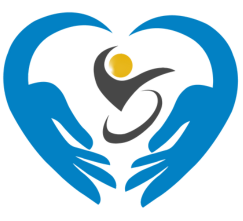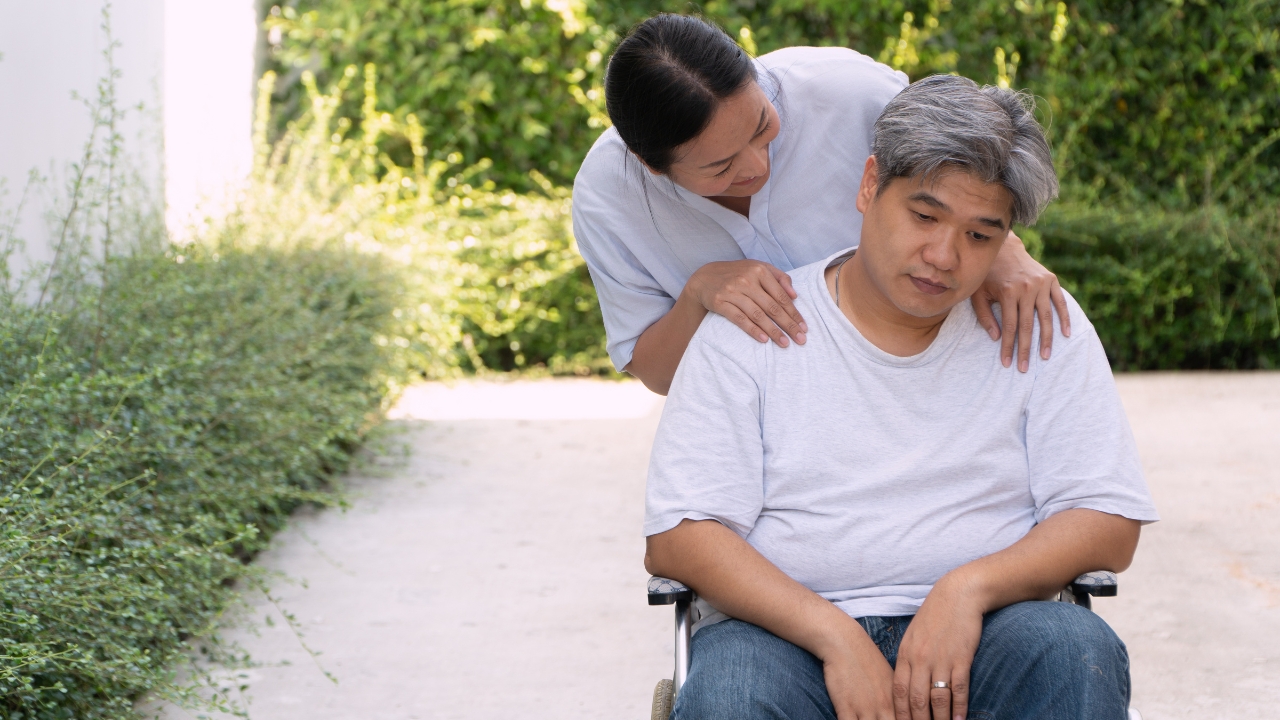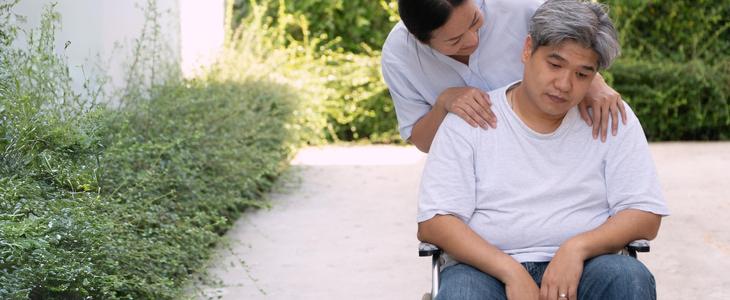
As part of our campaign for the upcoming International Day of People with Disability, Tender Loving Care Disability Services releases a series of articles that aims to shed light on various disabilities. This effort seeks to raise awareness about the individuals we serve and why our commitment to their well-being remains unwavering.
For this article, we tackled Acquired Brain Injury.
Get to Know About Acquired Brain Injury
Acquired Brain Injury (ABI) constitutes brain damage occurring after birth, stemming from various incidents prevalent in the diverse population. ABI affects a wide demographic, impacting individuals of all ages and backgrounds.
A 2007 Australian Institute of Health and Welfare study found that about 1 in 45 Australians, roughly 432,700, are affected by ABI. This means that many individuals face activity limitations or participation restrictions due to this condition.
Incidents Leading to ABI
- Traumatic Events: Falls, vehicular accidents, sports-related injuries, and physical altercations contribute significantly to ABI cases. These incidents often result in sudden head impacts causing severe brain injury.
- Medical Conditions: Strokes are a leading cause of ABI, affecting a considerable portion of the population. Additionally, tumours and brain infections, though less common, also contribute to ABI cases.
- Oxygen Deprivation: Instances of oxygen deprivation, such as near-drowning incidents or prolonged periods of oxygen insufficiency due to cardiac arrest, also contribute to ABI cases.
- Lifestyle and Environmental Factors: Substance abuse, exposure to toxins, severe untreated infections, or repeated concussions (particularly in contact sports) are additional factors contributing to ABI cases.
The diverse causes of ABI reflect the range of incidents and conditions that can lead to brain injury. Early detection of ABI is instrumental in mitigating its impact and enhancing the quality of life for affected individuals.
Support for Individuals with ABI
The National Disability Insurance Scheme (NDIS) plays a pivotal role in supporting individuals with ABI. NDIS offers a range of services and support tailored to the specific needs of those living with ABI. This includes access to therapies, assistive devices, support workers, and other essential resources aimed at improving their quality of life and fostering independence.
Creating An Inclusive Environment for People with Acquired Brain Injury
Fostering an inclusive environment for individuals with ABI is crucial for their well-being. An inclusive setting can positively impact their rehabilitation and overall quality of life.
To achieve this, consider adapting spaces at home, school, and the workplace.
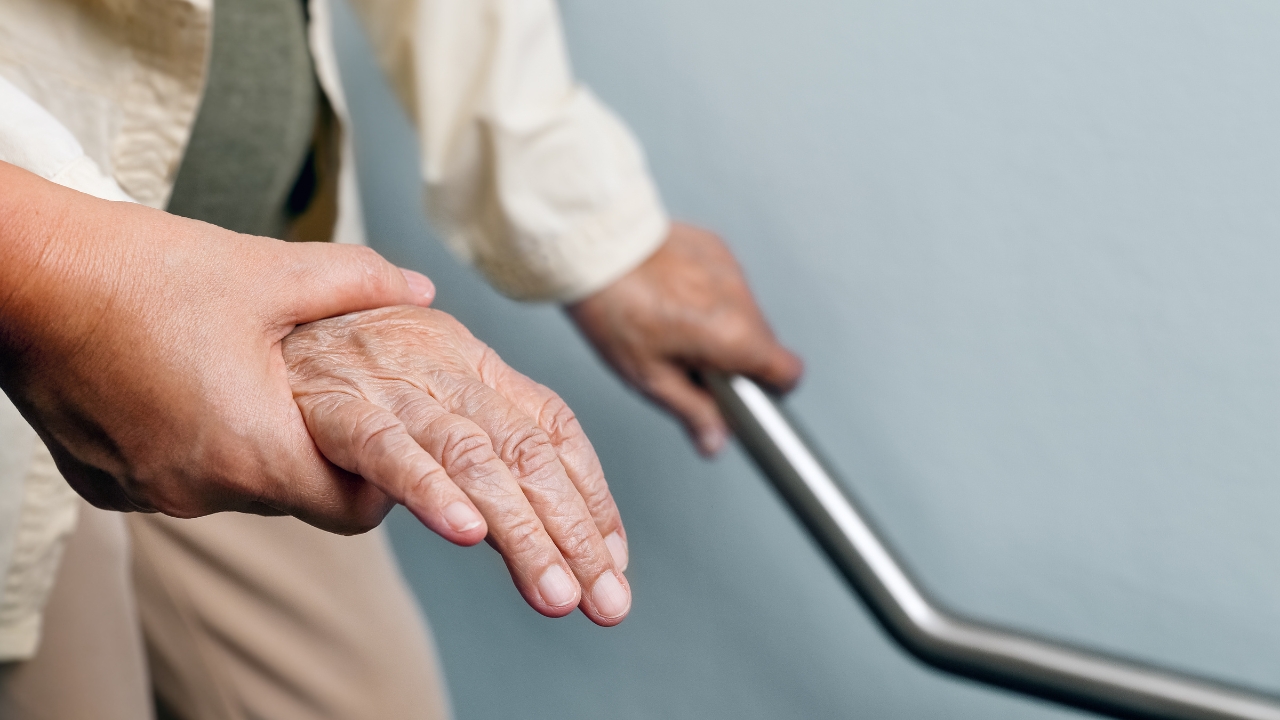
At Home
- Ensure clear pathways and remove obstacles for easy movement.
- Label and organise items to aid memory and cognitive function.
- Establish routines to provide structure and reduce anxiety.
- Implement safety measures such as handrails and non-slip surfaces to prevent falls.
- Provide visual cues or reminders, such as calendars or schedules, to assist with organisation and daily tasks.
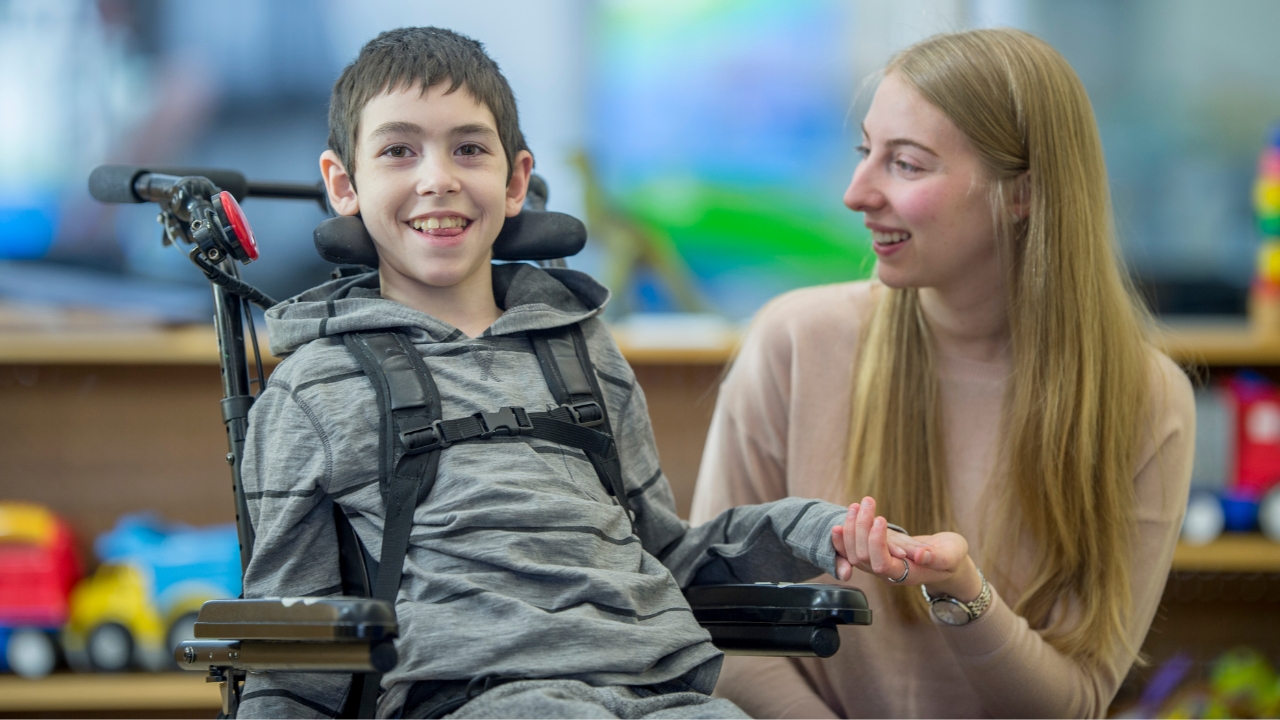
At School
- Implement flexible learning methods tailored to individual needs.
- Offer support services like counselling or specialised education programs.
- Train teachers and students about ABI and its implications.
- Provide access to assistive technology or tools that aid in communication or learning.
- Create a quiet or designated space for students to retreat if they feel overwhelmed or need a break.

At the Office
- Provide workplace accommodations like adjustable desks or specialised software.
- Conduct disability awareness training for employees and managers.
- Foster a supportive culture that values diverse abilities.
- Offer flexible work arrangements or schedules to accommodate varying needs and abilities.
- Establish a mentorship program pairing employees with ABI with experienced colleagues for guidance and support.
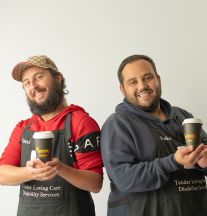
At Tender Loving Care Disability Services, we created the Frapp & Capp Coffee Shack to offer job opportunities specifically designed for individuals with disabilities. Its establishment represents our commitment to fostering an inclusive workplace, demonstrating our dedication to embracing diversity and providing equal opportunities for everyone.
Where Do We Go From Here?
Raising awareness about Acquired Brain Injury (ABI) paves the way for a more empathetic society that accommodates diverse needs. It helps ensure that individuals with brain injuries are understood and supported.
This importance seamlessly aligns with the overarching theme of the International Day of People with Disability (IDPwD): ‘United in action to rescue and achieve the Sustainable Development Goals for, with, and by persons with disabilities.’ The IDPwD not only celebrates achievements but calls for collective action in advocating for the rights and inclusion of individuals with disabilities worldwide.
Together, #WeAllCan foster environments where empathy, support, and understanding are the norm, ensuring that every individual, regardless of their abilities, feels included and empowered to contribute meaningfully to our communities.
REFERENCES:
- Australian Institute for Teaching and School Leadership. (n.d.). “Spotlight: Inclusive education - teaching students with disability.” Retrieved from https://www.aitsl.edu.au/.
- JobAccess. (2016). “Accessibility Checklist for Employers.” Retrieved from https://www.jobaccess.gov.au/.
- International Day of People with Disability. (n.d.). About IDPWD. Retrieved from https://www.idpwd.com.au/.


